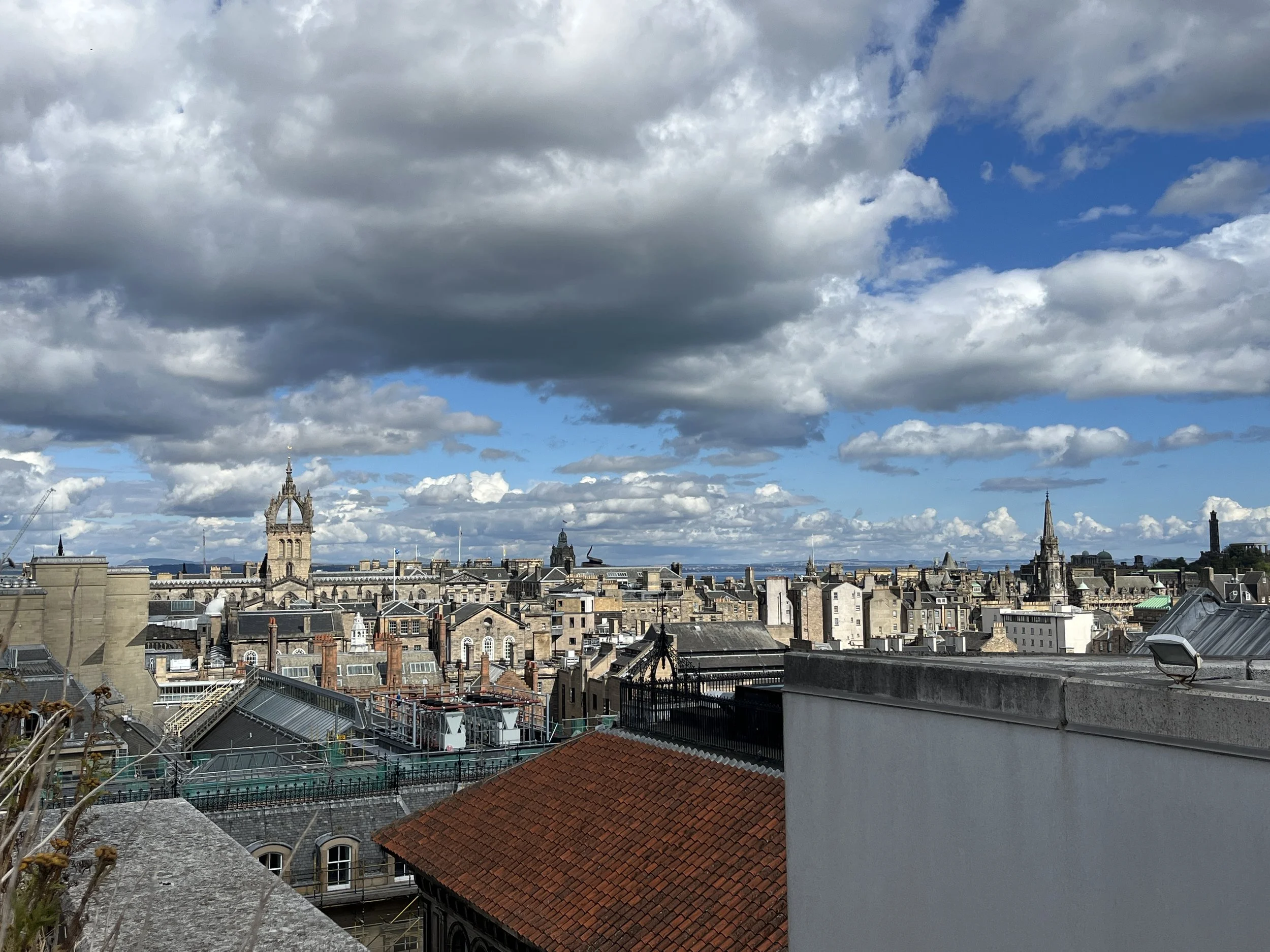
Decarbonizing the Built Environment Campaign
about
The Decarbonizing the Built Environment Through Heritage (DBTH) Campaign calls for policy transformation to unlock the potential of heritage-informed decarbonization solutions in the built environment.
The campaign will:
Make concrete policy recommendations to integrate heritage knowledge, solutions, and voices into climate policy
Elevate proven heritage solutions from communities, practitioners, and heritage organizations up to policymakers
Strengthen a community of advocates for culture-based climate action.
By joining the campaign, you will become part of coordinated messaging, communication, and virtual programming across CHN members and partners.
The DBTH Campaign will launch formally at COP30 in November of 2025 and extend through June of 2026.
join the campaign
Sign up to receive updates on the campaign or express interest in engaging. Please let us know how you and your organization would like to participate.
campaign commitment
By participating in the DBTH Campaign, your organization will participate through one or more of the following pathways:
Amplify key policy messages of the DBTH campaign within your network
Create content ranging from social media posts to publications to convenings to be shared publicly through the campaign
Speak at events and workshops hosted by other campaign partners, and/or host speakers from campaign partners at your events
Track and report on the impacts of your campaign initiatives to support DBTH reporting as a UN Collective Climate Initiative
Contribute resources to the DBTH project atlas (developed as part of the forthcoming DBTH Toolkit) to expand the repository of information.
campaign FAQ’s
Who is the primary audience of the campaign?
Policy makers and public officials are the ultimate audience of DBTH. Climate and heritage advocates are also key participants in the campaign to share knowledge and build capacity.
·What resources will our organization have access to as a campaign partner?
DBTH Campaign partners will be provided with common messaging, graphic assets, and ultimately, a comprehensive communication tool of case studies and policy examples recommendations through the DBTH Toolkit. The collective campaign participants will also serve as a pool of expert speakers, authors, and collaborators for related events to facilitate peer-to-peer knowledge sharing..
Who should become a campaign partner?
DBTH Campaign partners will be provided with common messaging, graphic assets, and ultimately will initiate and lead advocacy efforts with policymakers, and ‘recruit’ new organizations to join CHN to expand the reach of the network.
How will our organization be able to associate our work with the campaign?
DBTH Campaign partners will be provided with a media toolkit to incorporate into their heritage-informed decarbonization projects and resources. This will enable community advocates and policymakers to easily identify examples of culture-based climate action and elevate the work of your organization.